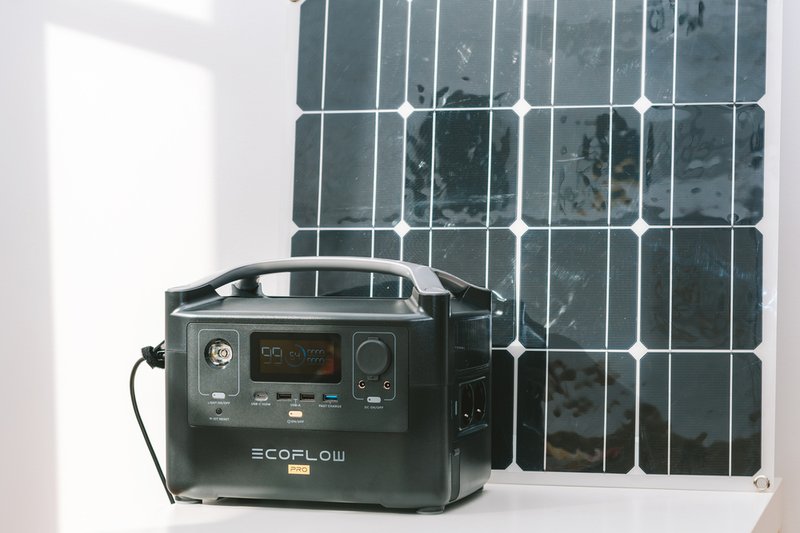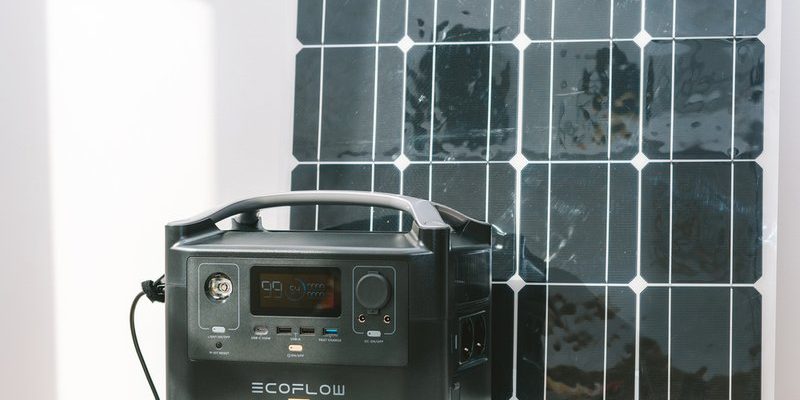
Understanding Power Stations vs. Generators
To get started, let’s break down the two options. Power stations are battery-operated devices that store energy for later use. They come in various sizes and capacities and can be charged via outlets, solar panels, or car chargers. On the other hand, traditional generators typically rely on gasoline or diesel fuel to produce electricity. This can make them a bit louder and less eco-friendly.
Imagine you have a barbecue to host. A power station can quietly charge your devices or run a small electric grill, while a generator might roar to life like a lion. A generator can produce more power, but is that what you need? It all boils down to your specific situation and usage needs.
Benefits of Power Stations
When considering a power station instead of a generator, you’ll want to weigh the benefits. First off, these devices are generally quieter. If you’re camping or having a backyard party, the last thing you want is a noisy machine drowning out your music and conversation. Power stations hum along quietly, keeping the ambiance intact.
Another perk? Portability. Many power stations are lightweight and come with handy carrying handles, making them easy to transport. You can take them anywhere—from weekend camping trips in the Boundary Waters to your next tailgate.
Plus, they’re often user-friendly. You won’t have to worry about dealing with gasoline, oil changes, or complex setups. Just plug in your devices and you’re good to go! This ease of use can be a game changer for someone who wants reliable power without the fuss.
Factors to Consider When Choosing Power Sources
Not all power stations are created equal, so you’ll want to think about a few key factors. First, consider the capacity you need. Are you just charging your phone or running multiple devices? Most power stations list their capacity in watt-hours (Wh), which indicates how much energy they can store. For a weekend trip, a smaller model might work just fine, but for longer power outages or bigger appliances, you may need something more hefty.
Next, pay attention to charging options. Some power stations can charge quickly or can be charged via solar panels, which can be handy if you’re using it off-grid. If you’re in a place with ample sunshine, solar charging can be a great eco-friendly option!
Lastly, check for output options. Do you need to charge USB devices, or are you looking to power AC devices? Some stations come with multiple ports, allowing you to charge several gadgets at once. This flexibility can make a significant difference in a pinch.
Common Use Cases for Power Stations in 55405
In the busy urban life of 55405, there are various scenarios where a power station shines. Take, for instance, outdoor events—maybe a music festival or a local fair. Being able to charge your phone and power a small speaker without dragging along a bulky generator can be a huge advantage.
Another common use case is for emergency power. Living in an area prone to storms, a power station can provide backup power for essentials during a blackout without the hassle of a generator’s maintenance. You can keep your fridge running, which is crucial in the summer heat.
And let’s not forget about camping. Imagine sitting by the fire, charging your camera for perfect sunset shots, all while using a compact power station without disturbing the peace of nature. It’s like carrying a little slice of home with you wherever you go.
Limitations of Using Power Stations
While power stations bring a lot of advantages, they’re not without their drawbacks. One key limitation is power output. If you’re trying to run a high-wattage appliance like a refrigerator or a heater, you might find that a power station just can’t handle it. Generators typically provide higher wattage, making them more suitable for heavy-duty tasks.
Additionally, there’s the issue of battery life. Depending on the size of the power station’s battery and how much you’re using it, you might find yourself needing to recharge it sooner than expected. This situation can be tricky if you’re far from an outlet.
Finally, the initial cost can be a concern. While prices vary widely, power stations can be pricey. If you only need power occasionally, a generator might give you more bang for your buck in the long run.
Enviromental Considerations
One of the most significant benefits of using a power station is its lower environmental impact. Many power stations can be charged using solar power, which is a fantastic renewable energy source. This means you can reduce your carbon footprint while still enjoying the convenience of portable power.
In contrast, traditional generators typically require gasoline or diesel fuel, which generates greenhouse gases. If you’re environmentally conscious and looking to make a green choice, a power station is a great way to go. It’s like choosing a bike over a car for a quick trip—better for you and the planet!
In Conclusion
So, can you use a power station instead of a generator in zip code 55405? Absolutely! Depending on your needs—whether it’s camping, emergency situations, or just wanting a quiet power source for your devices—a power station could be the perfect fit. It’s compact, eco-friendly, and user-friendly, which makes it a fantastic option for many everyday situations.
However, it’s crucial to assess your power needs and the limitations of power stations as well. If you need high wattage or plan to run significant home appliances, a generator might still be the way to go. Think about your lifestyle, the events you attend, and how much power you need. That way, you’ll make the best decision for your unique situation.
